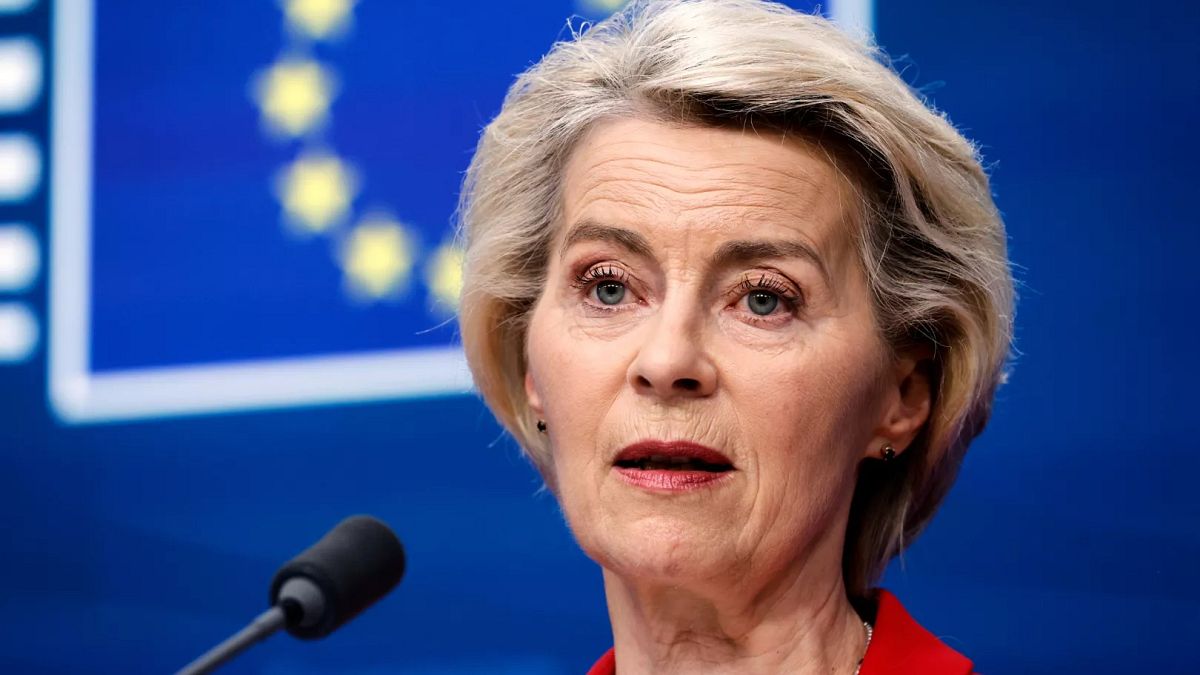

In the realm of international policy, public health, and social advocacy, developments continue to unfold with significance across the globe. From strategic re-evaluations in military support to dietary health findings, each narrative offers a window into the dynamic interactions shaping our world. We explore several key stories to provide clarity and perspective.
Amidst geopolitical shifts, the United States has reviewed its global military assistance, particularly concerning weapon shipments to Ukraine. Recent decisions by the Department of Defense have underscored concerns over diminishing stockpiles of crucial munitions. The Pentagon announced a strategic reassessment of arms exports, placing a temporary halt on shipments to Kyiv to prioritize American interests amidst a broader reevaluation. This decision, prompted out of caution for national reserves, aims to balance U.S. ongoing commitments with its readiness capabilities. Although this move has triggered concerns from Ukrainian officials, as well as international observers, the U.S. maintains the necessity of these measures for long-term security and diplomatic strategy.
Turning towards the European Union, a notable development sees fourteen member states expressing opposition to proposed changes in the EU’s long-term budget framework. The collective concern centers around calls for a “stand-alone cohesion policy” meant to bolster competitiveness and promote economic convergence within EU regions. The proposed budget overhaul has spurred debate, with these member states advocating for fiscal strategies that uphold regional cohesion, ensuring equal development opportunities across various EU territories. Advocates of the stand-alone policy argue that it is essential for sustainable growth and parity among all member nations.
In the United States, Planned Parenthood has communicated concerns regarding potential impacts from a significant tax-and-spending bill currently under consideration by the U.S. House. The sweeping legislative proposal, if enacted, could significantly curtail federal funding to the reproductive health organization. The CEO of Planned Parenthood has warned of possible closures of nearly 200 health centers, a development that could dramatically constrain access to essential reproductive health services, including abortion, across numerous states. This reduction in operational presence is perceived by many as an indirect challenge to abortion accessibility, fundamentally affecting the social and healthcare landscape for women’s reproductive rights.
Addressing public health from a dietary perspective, new research has highlighted the potential impacts of maternal nutrition on long-term child health outcomes. A study has revealed correlations between the consumption of inflammatory foods, such as red meat, during pregnancy and increased risks of childhood diabetes. Such findings underscore the importance of mindful nutritional choices for expecting mothers, offering insights that may influence dietary guidelines and prenatal care recommendations in the future. The emphasis is on raising awareness about the long-lasting implications dietary habits may have, shaping the health trajectory of future generations.
In times of change and uncertainty, these stories remind us of the interconnectedness of global events and personal choices. They reflect profound implications across national policies, community well-being, and individual health. As these narratives continue to evolve, the quest for a harmonious balance between strategic objectives, public health priorities, and social equity remains a central theme. Through mindful reporting, we embrace the opportunity to understand and navigate the complexities within these interwoven stories.
Source: {link}
